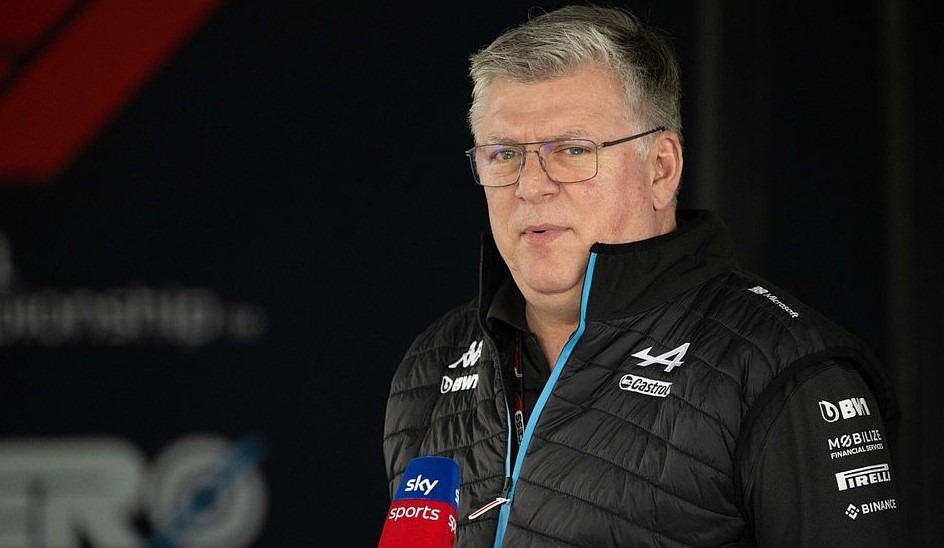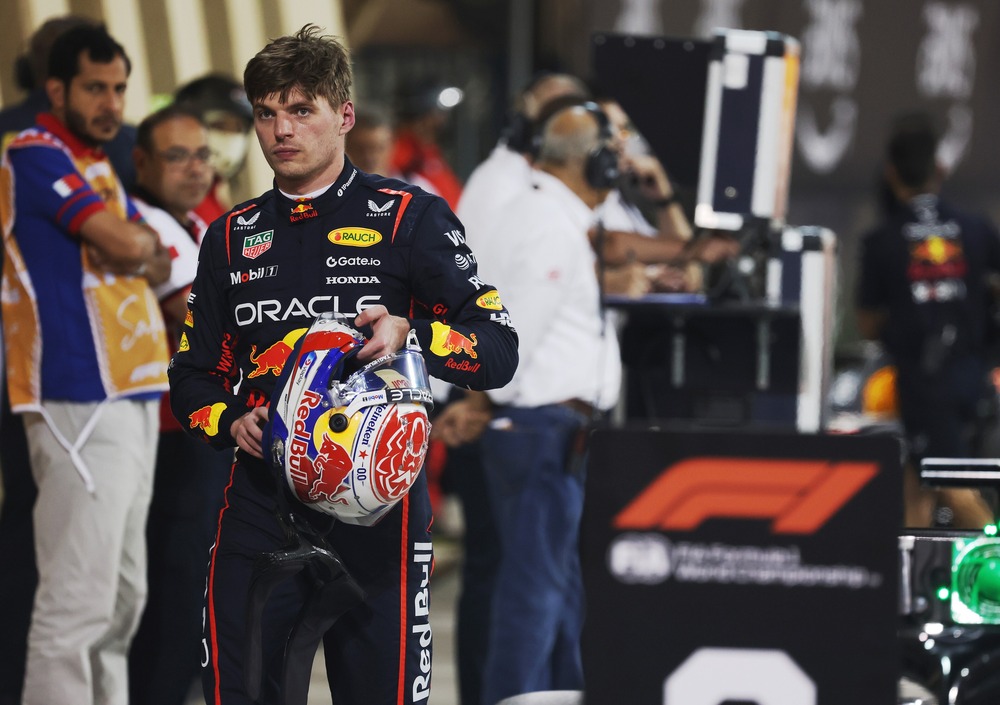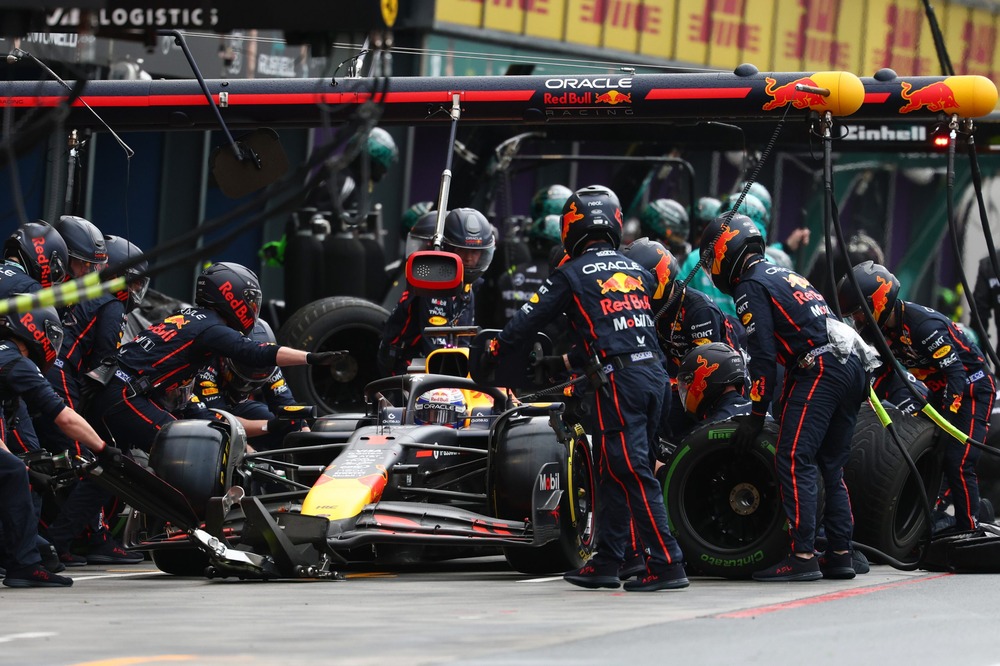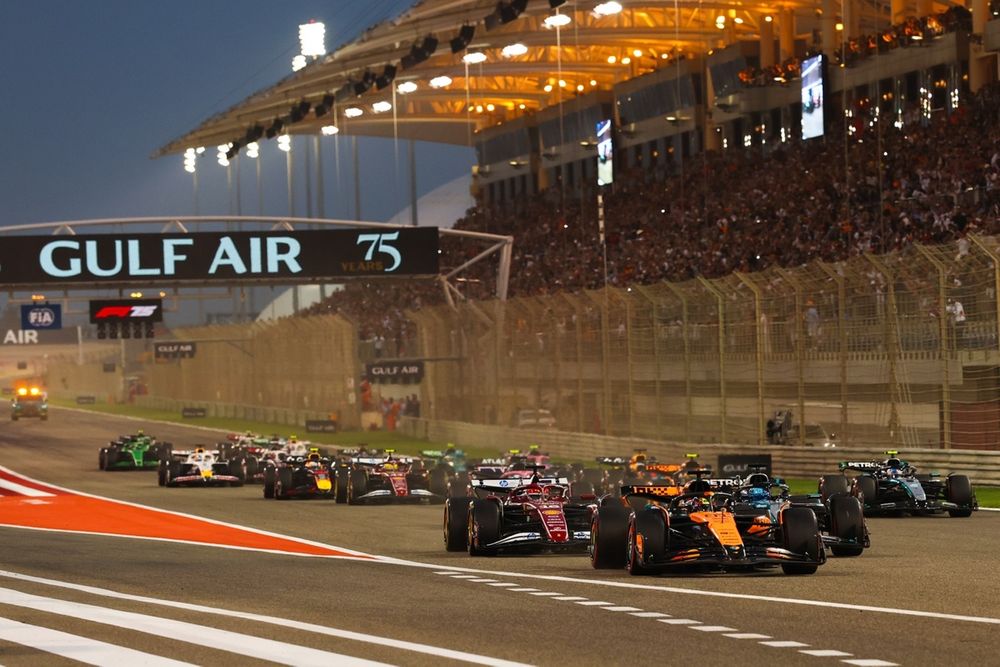Otmar Szafnauer’s former colleague at Alpine believes the team’s biggest problem, one that won’t be resolved anytime soon was what ultimately led to the former team boss’ dismissal.
Szafnauer and Alpine parted ways just a few days after Szafnauer had expressed confidence in Alpine CEO Luca de Meo keeping true to his word and giving him enough time to shape the team in his image.
Szafnauer was followed out the door by Enstone stalwart Alan Permane as sporting director.
Bruno Famin, who has taken over as Alpine’s interim team boss after the team and its former team principal Otmar Szafnauer mutually agreed to part ways, will be in charge of day-to-day operations for the remainder of the Formula 1 season.
A well-known former Formula 1 public relations director gave his opinions on the subject in his column for Motorsport Magazine. Speaking from a position of authority, he did so because he had recently worked with Szafnauer at Aston Martin in 2021.
Szafnauer took on the affairs of the Aston Martin team as the team principal after Lawrence Stroll launched the major rebranding from Racing Point, and Matt Bishop, who was the team’s head of communications at the time, offered his thoughts on the exit.
“Alpine’s mission, as enshrined in its 2021 Renault-to-Alpine rebrand comms strategy and often shared with the world’s F1 journalists thereafter, had been to return to its world championship-winning ways in 100 races’ time; five seasons, give or take a race or two; in 2026, in other words,” Bishop wrote.
“Was it realistic? I would describe it as difficult but feasible.
“It will not be possible sooner, under the current PU (power unit) formula.
“Not least because it is a matter of fact, as recorded on the agenda and in the minutes of a recent Formula 1 Commission meeting.
“The power outputs of the Ferrari, Honda, and Mercedes-Benz PUs are within 1kW of one another, while Alpine’s Renault PU languishes on its own 15kW behind.
“That is just over 20bhp. The new PU formula will not come into effect until 2026.”
However, Bishop thinks that Alpine’s challenges are not primarily due to the engine shortfall, which occurred while Famin was executive director of the Renault power unit division at Viry-Chatillon.
“That 15kW/20bhp power deficit was not the once super-successful Oxfordshire-based team’s biggest problem,” he added.
“Its biggest problem is that it is supervised by corporate ‘suits’ not in England but in France, who have little knowledge or understanding of F1.
“If you bought a football team, would you hire orchestral conductors to manage it for you? No… If you were on the board of a basketball franchise, would you ask your headhunters to find executives with experience in the mining industry? No… Do lawyers make good doctors? No.
“Yet Alpine jettisoned Szafnauer (team principal) and Alan Permane (sporting director) purely because, expert and realistic as they both were and are, they refused to be browbeaten by French ‘suits’ who had never worked in F1 before into accepting an accelerated plan that dictated that world championships must be conjured out of nothing and nowhere in no time.”
Bishop claimed that since Williams had been successful in wooing Alpine Chief Technical Officer Pat Fry away from Enstone to join Grove, the seasoned engineer had probably seen the writing on the wall.
“Pat Fry (chief technical officer) found an escape,” he said. “He has just joined Williams before he would surely also have been axed.
“Between the three of them, they have 94 years of experience in F1.”
Bishop asserts that he is certain that the three senior staff members’ combined skills will cause additional challenges for the Enstone-based team.
“Szafnauer is a very capable leader,” he said. “I worked with Fry at McLaren, he was both able and collaborative.
“I know Permane well indeed I once bought a Porsche 911 from him and I rate him highly.
“Losing from the heart of the Alpine F1 operation that cumulative near-century of experience, and the expertise it brought with it, will cause a seismic rupture.
“Morale is already now low at Enstone. Confusion now reigns there. Other teams will now be looking to cherry-pick the best of those who remain.
“They will accept any reasonable offers, and can you blame them?”
Bishop continued by drawing parallels between the culture developed at Alpine and that at Red Bull, noting that the current World Champions handle their employees entirely differently than Renault does.
“One of Otmar’s buzz-phrases was ‘psychological safety’,” he said.
“It is valuable and important in any workplace, and particularly in an environment such as F1, where the pressure to succeed is so high.
“If you foster an atmosphere and culture of psychological safety among a workforce, you allow your people the latitude to dare to try.
“If they dare to try, they may sometimes fail, but they will only dare to try if they know that honest failure will not be punished. If they cannot be certain of that, they will not dare to try because they will not dare to fail.
“The consequence of that is that they will not dare to succeed either.
“The result is then a timid and inert acceptance of the performance status quo, perpetuated by a widespread fear of being noticed in any way: in other words the diametric opposite of the feverish collective ambition that an F1 team needs to win.
“By contrast, Red Bull may seem frighteningly competitive when viewed from the outside, but one of the reasons why its engineers are able to work so innovatively, and therefore so successfully, is that they know their bosses will not chastise them for voicing disruptive questions or concerns, or censure them for conceiving and developing radical technical hypotheses.
“Psychological safety, in other words.”






